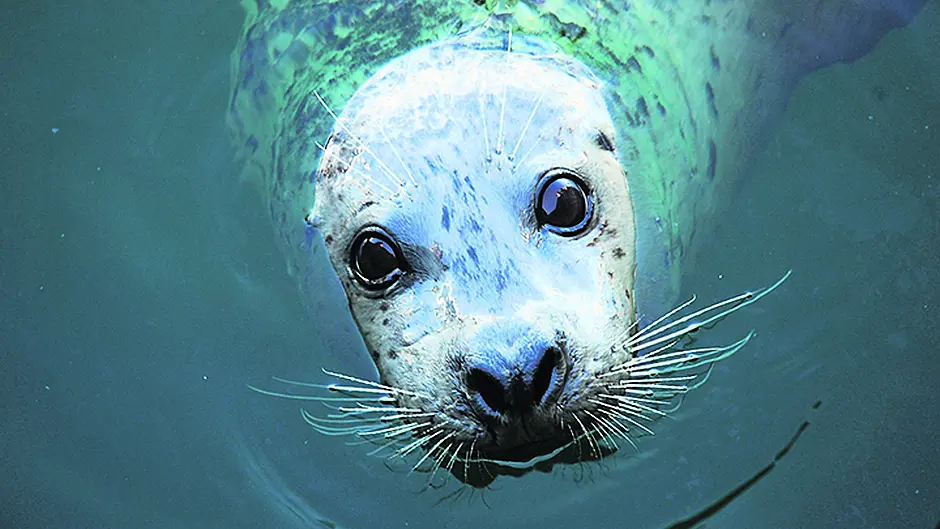The head of the country's only seal rescue centre has condemned a call by West Cork fishermen for a major cull of West Cork's seal population.
By Siobhan Cronin and Emma Connolly
THE head of the country’s only seal rescue centre has condemned a call by West Cork fishermen for a major cull of West Cork’s seal population, amid claims the mammals are eating too many fish.
Independent TD Michael Collins told the Dáil last week that he had been contacted by Castletownbere fishermen pleading for the killing of the seals, which they claimed had increased in population and were causing chaos to their livelihoods.
Castletownbere-based Patrick Murphy, chief executive of the Irish South and West Fish Producers Organisation, claimed that seals were having a massive effect on all fish stocks in the area.
‘The organisation I represent has members who operate fishing vessels measuring in length from 7m to 37m and from the smallest to our largest, from pot fishing, to pair pelagic vessels, trawlers, gill meters, Seiners and line and hook fishermen.
‘Every one of them has contacted us with the massive increase they are witnessing in our seal population which is affecting each and every one of them,’ he told The Southern Star.
‘We believe this is having a massive effect on the fish stocks of all species in our waters and feel some work must be carried out by our Department of Marine and some measures be introduced to protect the livelihoods of fishermen and fisherwomen who work in the hardest, and identified as one of the most dangerous, industries.’
However, Melanie Croce, director of the Wexford-based Seal Rescue Centre, said they were not aware of an increase in the seal population on our coasts.
But she said seals were now under significant pressure to survive, due to environmental and weather challenges and that any human intervention would be damaging.
A number have been washed up on West Cork coasts in recent months, due to plastic ingestion or as a result of particularly violent storm activity.
Acknowledging ‘a long history of conflict between fishermen and seals’, Ms Croce called for both sides to work together for the common good.
‘The waters off Ireland and the UK are home to one third of the world’s grey seals, which is an important global percentage. At the moment their numbers are stable, but the common seal is on the decline,’ she added.
‘Seals are very important to the marine ecosystem, they’re a keystone species and any interference with them would have a far-reaching impact that wouldn’t be immediately evident.’
Neither Deputy Collins nor Mr Murphy outlined how a cull might happen. However, Ms Croce said in other countries the mammals would be killed by a gunshot to the head.
Nic Slocum of Whale Watch West Cork in Baltimore insisted that scientific fact had to be taken into account in this situation.
‘It is unclear if seal predation on fish species has a serious impact on pelagic pair trawlers or potting activities, but seals have been known to take fish off lines and out of gill nets. However, any call for a cull of a protected marine species must be based on science designed to establish if there has been a real population increase or is this just anecdotal information, and that depleting local seal populations would not have a detrimental impact on other marine ecosystems.








